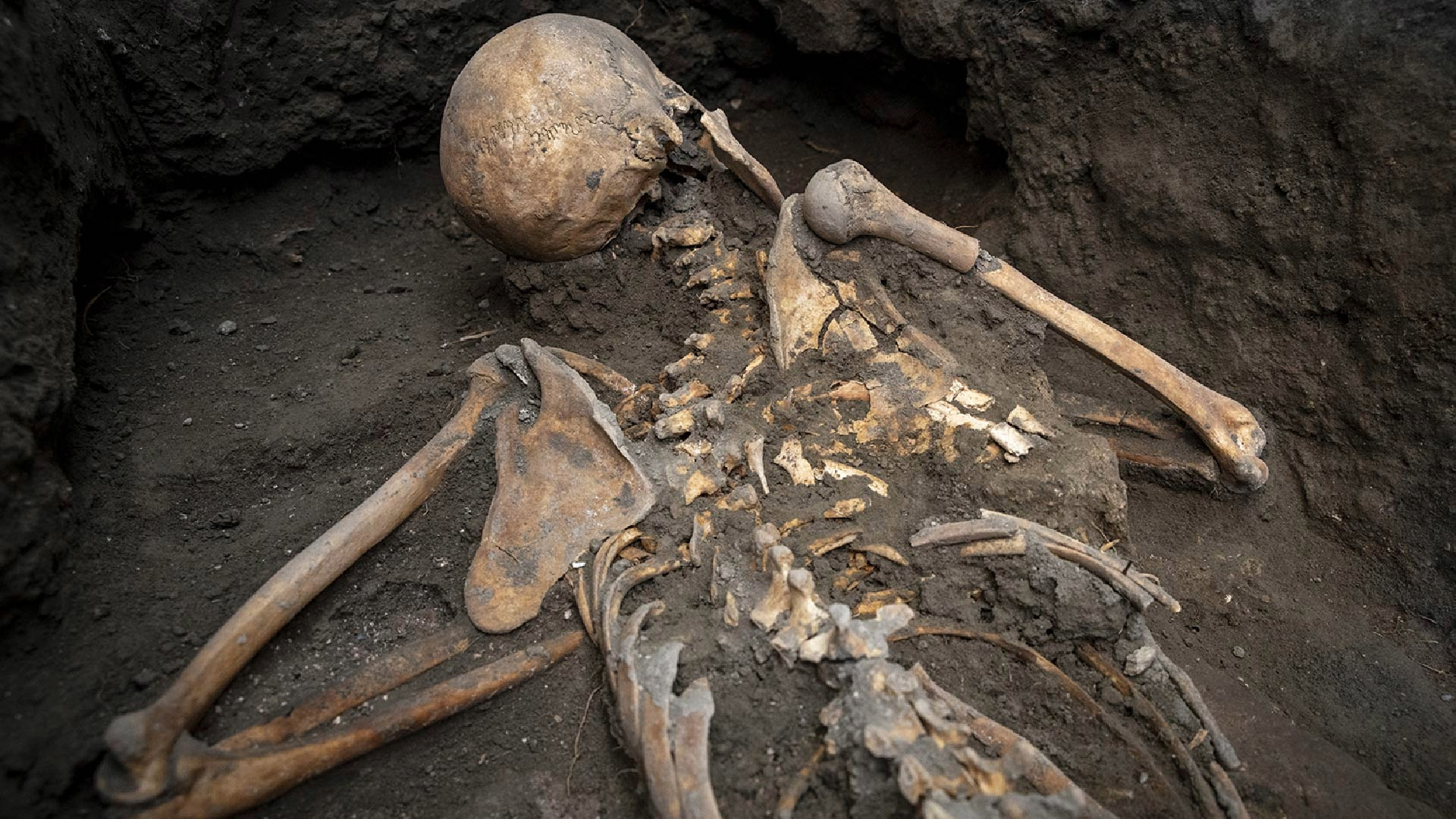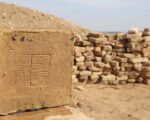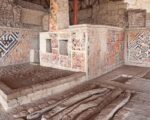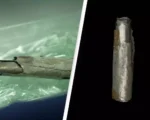New Pompeii Skeletons Provide a Gripping Look into the Final Moments of Mount Vesuvius Victims
Archaeologists working at the site of Pompeii have made a poignant discovery, uncovering the skeletal remains of a man and a woman who perished during the eruption of Mount Vesuvius in A.D. 79. This recent excavation sheds new light on the harrowing final moments of these individuals, providing an intimate glimpse into the tragedy that befell the ancient city.
Discovery Details The woman’s skeleton was found near a bed in a small, cluttered room, surrounded by personal belongings. Among these items were gold coins, a pair of ornate gold-and-pearl earrings, and a key. Estimated to be between 35 and 45 years old, it appears she was attempting to gather valuables in a frantic bid to escape the eruption. The presence of these items suggests she was amidst an urgent effort to salvage what was precious to her as the city succumbed to chaos. The details of this poignant discovery were detailed in the E-Journal Scavi di Pompei (Pompeii Excavations).
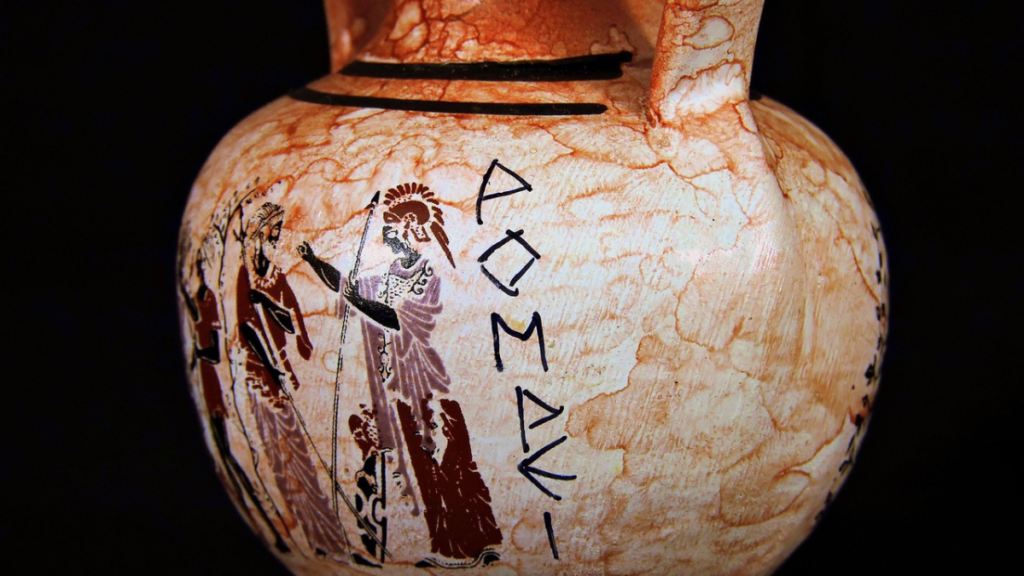
In stark contrast, the young man’s remains, believed to be between 15 and 20 years old, were found in a narrow corner of the room, crushed by a collapsing wall. His position near an exit implies he might have been making a desperate attempt to flee. The exact relationship between the two remains unclear, but their proximity suggests they shared their final moments together, adding a layer of human connection to the archaeological find.
Significance of the Findings The room where these skeletons were found also contained various artifacts, including a bed, a chest, a stool, and a service table laden with glass, bronze, and ceramic objects. Archaeologists utilized plaster casts to recreate the arrangement of these items and the victims’ final positions. This painstaking reconstruction offers a more vivid portrayal of the room’s layout and the last actions of its occupants.
These findings are significant for the broader study of Pompeii, providing a deeper understanding of the human experiences during one of history’s most catastrophic natural disasters. The skeletons not only offer insights into the immediate impacts of the eruption but also highlight the personal and emotional aspects of the disaster. As research continues, these discoveries help to paint a more detailed and empathetic picture of the events that unfolded on that fateful day.


